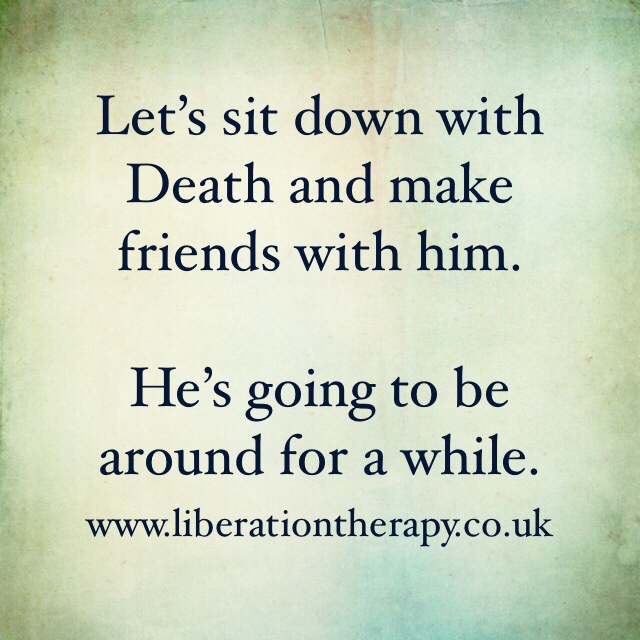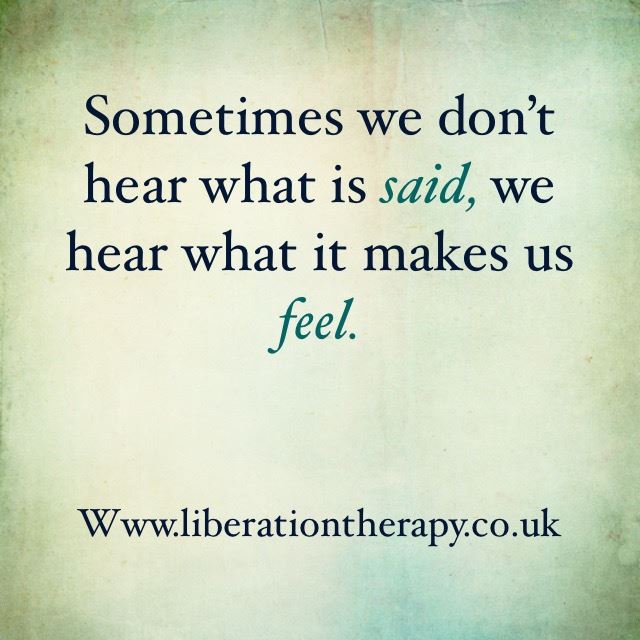I have recently had reason to look at how we face bereavement. Both societally and personally.
Our family suffered a sudden and unexpected loss of a figure head. Naturally it has been a sad process coming to terms with his death but the thing that has struck me has been the way people outside the family have responded.
Some have tried to claim the loss as their own, telling us how sad they are, somehow forcing our care on them, so we are left holding their grief and ignoring our own.
Some have imposed their own needs on the person most affected by the loss.
Some have told us how to grieve, or what to feel, asking us to follow their path instead of our own.
Some have forced jollity upon us, telling us to look on the bright side of his sudden death because he didn’t suffer, as though he would rather have left us without saying goodbye.
Some have disappeared all together and tell us they don’t want to impose.
Few have allowed us to sit with our pain, sadness, shock and anger at the abyss left by his death.
It has struck me over and over again that the society I live in seems allergic to death. That the phrase trotted out is ‘IF I die’ not ‘When I die’.
We shield people from death, through hospitals, morgues, undertakers and all the other forcefields under which secret death business happens. A body is sealed in a coffin and delivered to a church or crematorium to have words said over it. Occasionally the body is visited or laid out for viewing. Dressed in finery and made up to look as though it is sleeping.
Death is hidden. Spoken about in hushed words, feared as though contagious, as though somehow ‘it won’t happen to us’, because we’re immune to it. Somehow death will sneak up on us and surprise us when we least expect it and we are utterly unprepared for it.
As a result, grief is suppressed by many, and rushed in others, bystanders finding it hard to hold eye contact with it, to sit with it and hold it for the person suffering it.
But here’s the thing. Assuming mythical legends are just that; there’s not one of us on this planet who can escape death. Not one of us is going to live our lives unaffected by death. If you’re lucky you may not experience it close hand for a while.
So we HAVE to start talking about grief. About how natural it is. How it isn’t a linear process, how everyone does it their own way and takes their own time and walks their own path.
It is no one else’s job to tell someone how to walk that path. No one has the right to force a grief process on another. All we can do is walk the path with that person. Stopping where they stop, looking where they look, maybe sharing what we see too, but never ever imposing our path on them.
You will no doubt have heard of the grief model with 5 stages. Forget it. Forget it and it’s compatriots. Walk your own path and feel your own feelings.
Not a single one of them is wrong.




